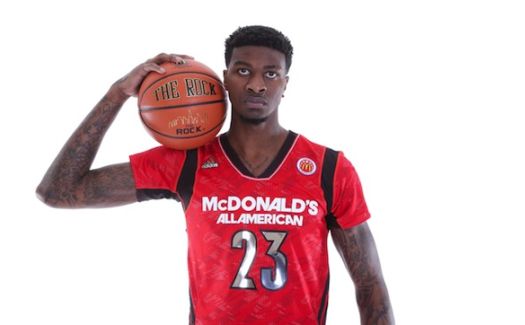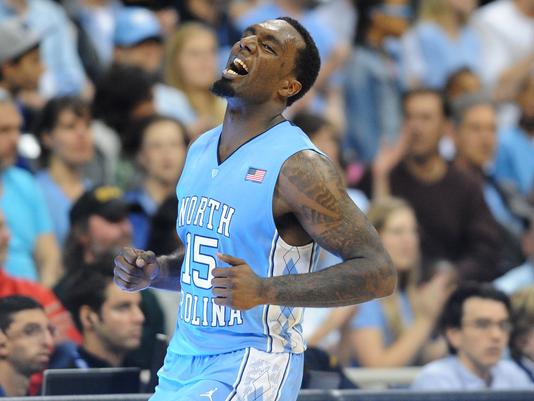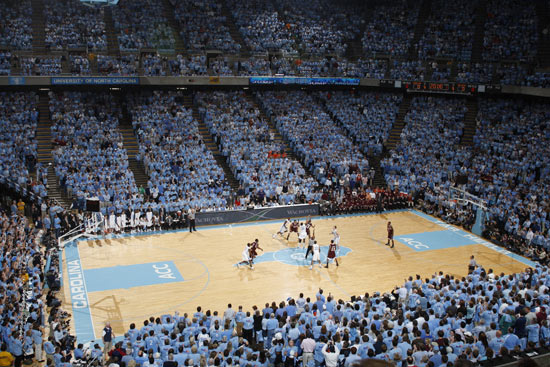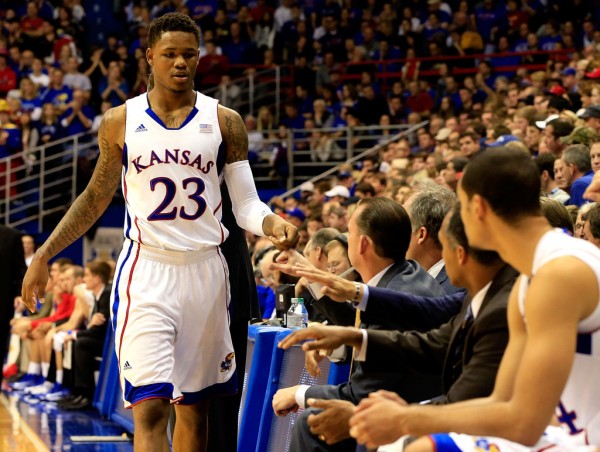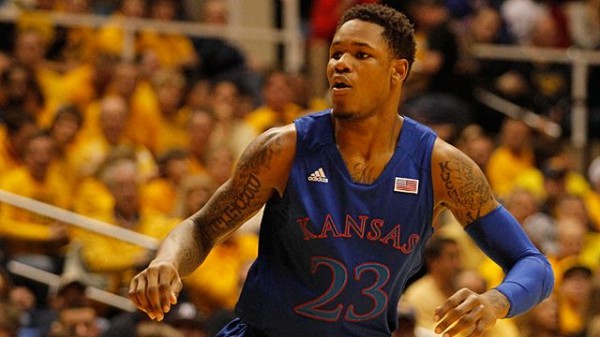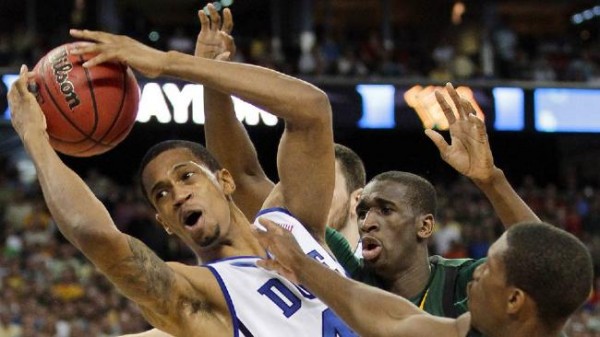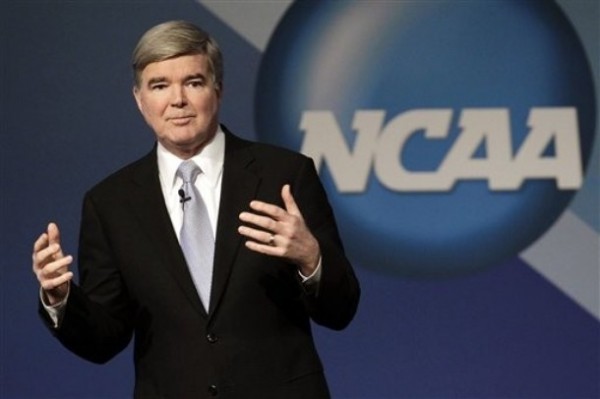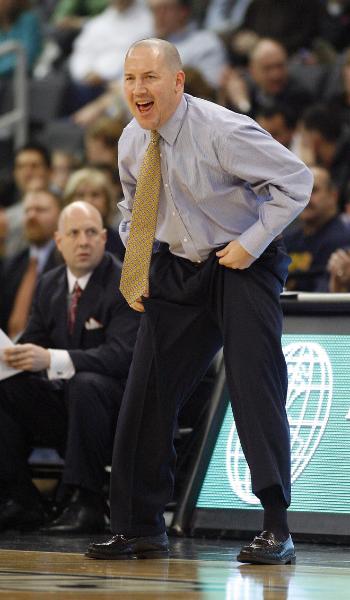Florida Forward Chris Walker isn’t Sitting Out Because of Academics
Posted by Chris Johnson on January 15th, 2014Two Southeastern Conference games took place on Tuesday night. If you’re reading this site, you probably watched one of them. Arkansas beat Kentucky in double-overtime on one of the craziest finishes you’ll ever see. The other game wasn’t nearly as interesting – not in a competitive sense, anyway. Florida beat Georgia, 72-50, to move to 3-0 in conference play and 14-2 overall. The Gators look Final Four-good, and they showed why by thrashing a plucky but overmatched Bulldogs team. It was the kind of beatdown you expect elite clubs to lay on lower-tier outfits like Mark Fox’s group. Ho-hum. The game, however, did provide a reminder of an issue most college hoops fans don’t seem to understand. A few members of Florida’s Rowdy Reptiles student section were wearing white T-shirts with the words “FREE CHRIS WALKER” plastered across the fronts. The students also started a “FREE CHRIS WALKER” chant after the forward came on the court to help officials adjust the net.
The first thing that comes to your mind when you hear the name Chris Walker is academics. Walker endured an unstable family environment and attended a high school that does not have a long history in putting high-level athletes on an academic path suitable for Division I eligibility. Walker took online classes over the summer and had enough credits by December to be declared academically eligible by the NCAA, and he was admitted into Florida and has practiced with the Gators for about a month. Walker still hasn’t played in a game, but the reason why has nothing to do with academics. Read the rest of this entry »





























